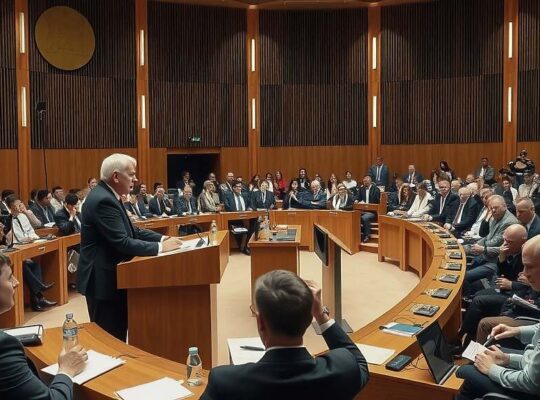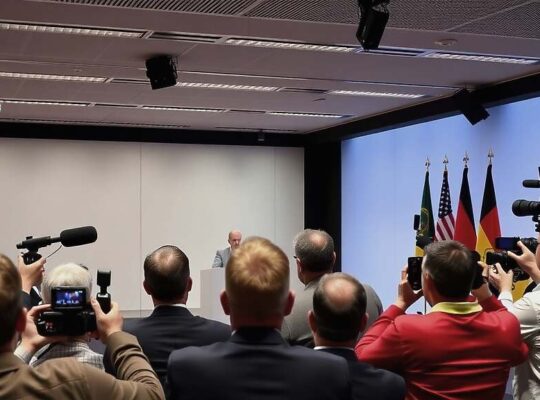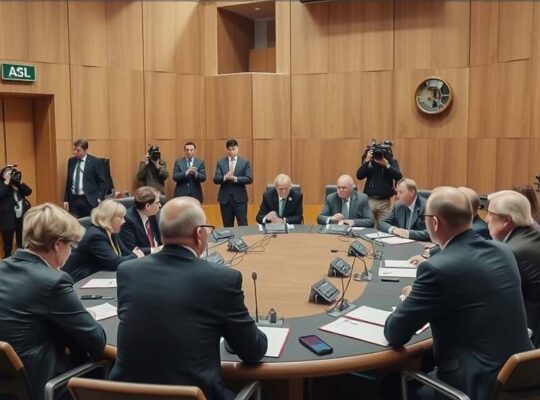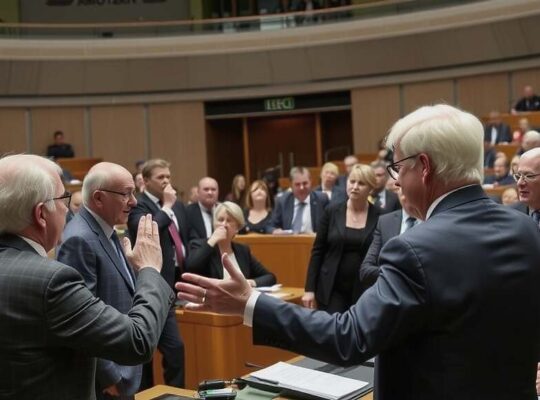The proposed legislation introducing a new form of mandatory service in Germany faces significant hurdles as parliamentary debate intensifies. Adis Ahmetovic, the SPD’s spokesperson for foreign policy within the Bundestag, has stipulated that his support hinges on ensuring genuine youth participation in the decision-making process and preventing any automatic escalation to compulsory service.
Speaking to the Redaktionsnetzwerk Deutschland, Ahmetovic stressed the need for the program to be “fair, open and voluntary” to cultivate trust in the state and its institutions. He questioned the current power dynamic within the legislative process, advocating for a strengthening of the Bundestag’s authority.
A critical point of contention revolves around the potential for reintroducing compulsory service if recruitment through voluntary participation fails to meet the government’s targets. Ahmetovic emphatically rejects the possibility of such a measure being enacted through administrative fiat, insisting that any reintroduction must be mandated by a new law passed by Parliament.
Beyond the legal framework, Ahmetovic emphasized the crucial need to incorporate the perspectives of younger generations. He called for a formalized and binding involvement of youth organizations throughout the legislative process, beyond current consultations. Specifically, he demanded participation from the Bundesjugendring (National Youth Council), the Bundesschülerrat (National Students’ Council), alongside their regional chapters, as well as youth organizations affiliated with labor unions, sports clubs and the business sector.
“We will need all these actors – to jointly foster empathy and understanding and, above all, to ignite enthusiasm” Ahmetovic stated, underscoring that this active youth engagement will be a determining factor in his vote on the legislation. The stipulation signals a cautious approach to a measure that could profoundly impact German society and highlights growing concerns that a top-down implementation risks alienating the very demographic the program aims to engage. The demand for structured youth involvement exposes a deeper political debate concerning representation and the legitimacy of policy affecting younger citizens.












